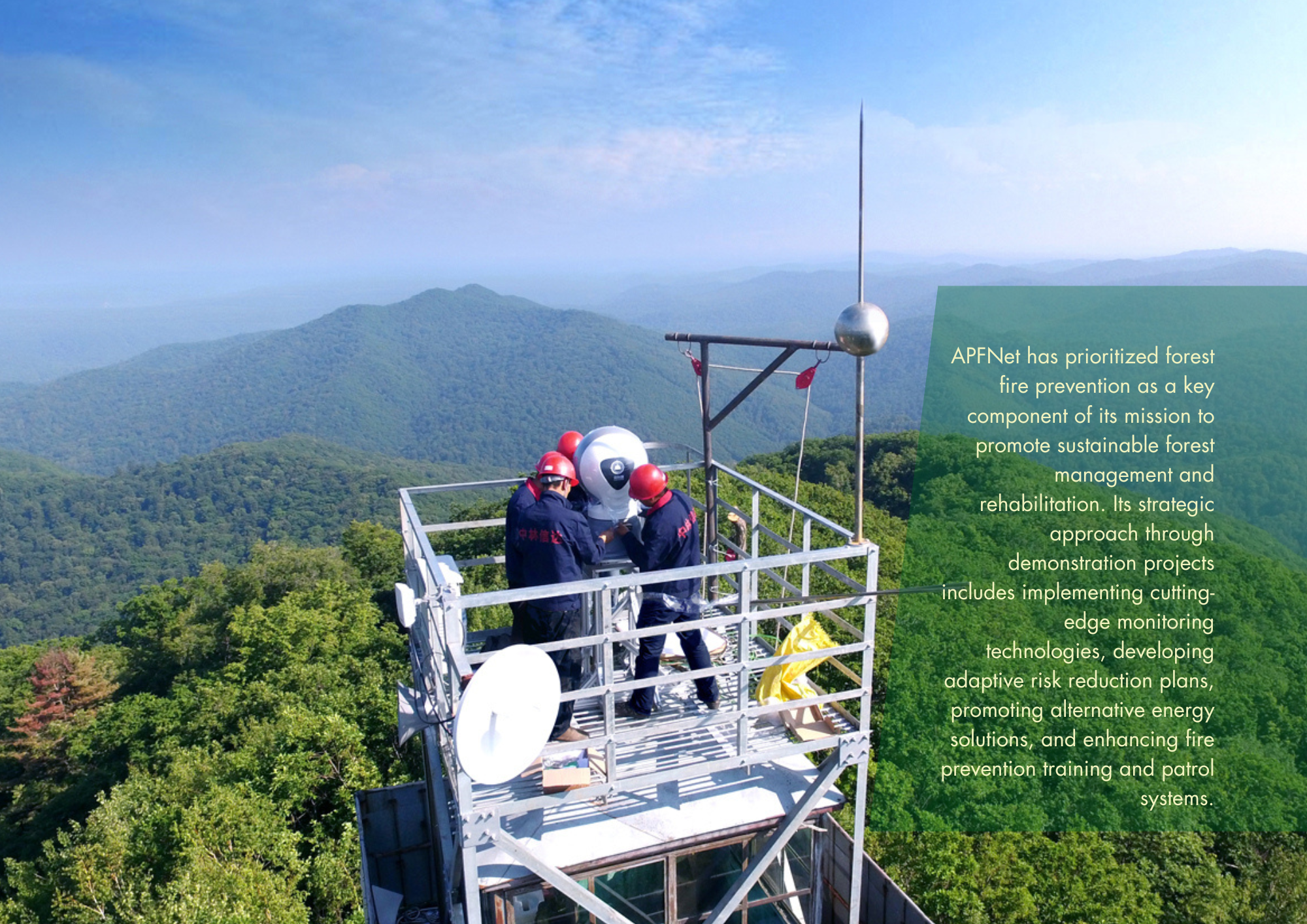Event Title: Southeast Asia Fire Dialogue
Date: May 20-23, 2025
Location: Kanchanaburi, Thailand
Organizers: APFNet, RECOFTC, and Tropenbos International

Southeast Asia fire dialogue

The Southeast Asia region faces increasing challenges related to wildfires, smoke and haze, which have significant environmental, social and economic impacts. Most fires are human-induced, and as climate change intensifies, fire seasons become more prolonged and extreme, leading to substantial greenhouse gas emissions. Transboundary haze from wildfires threatens public health and the environment. Indigenous Peoples and local communities, who play a crucial role in reducing wildfire risk, are most affected by these wildfires.

In response to these challenges, APFNet, RECOFTC and Tropenbos International are organizing this dialogue to help identify strategies to reduce wildfire risks and scale up effective solutions. The event will unite Indigenous Peoples and local communities from different countries to share experiences, best practices and challenges in preventing and managing wildfires. These insights will directly inform policymakers, donors, nongovernmental organizations, researchers and private sector representatives, who will also participate in the event.
The dialogue provides a platform for Indigenous Peoples and local communities to engage with one another and with research, government and private sector stakeholders. The event features two interlinked parts designed to foster knowledge exchange and actionable strategies for wildfire risk reduction.
Part 1: Community fire dialogue
This will bring together Indigenous Peoples and local communities to share their experiences, best practices and challenges in wildfire prevention and management. The focus will be on identifying scalable solutions that integrate traditional and cultural burning practices with scientific knowledge and alternative non-burning practices.
Part 2: Multi-stakeholder fire dialogue
Insights from the community dialogue will directly inform this segment, which involves community representatives, researchers, policymakers, donors and other stakeholders. The goal is to bridge local practices with policy frameworks and research to align ground-level realities with broader environmental and climate objectives.